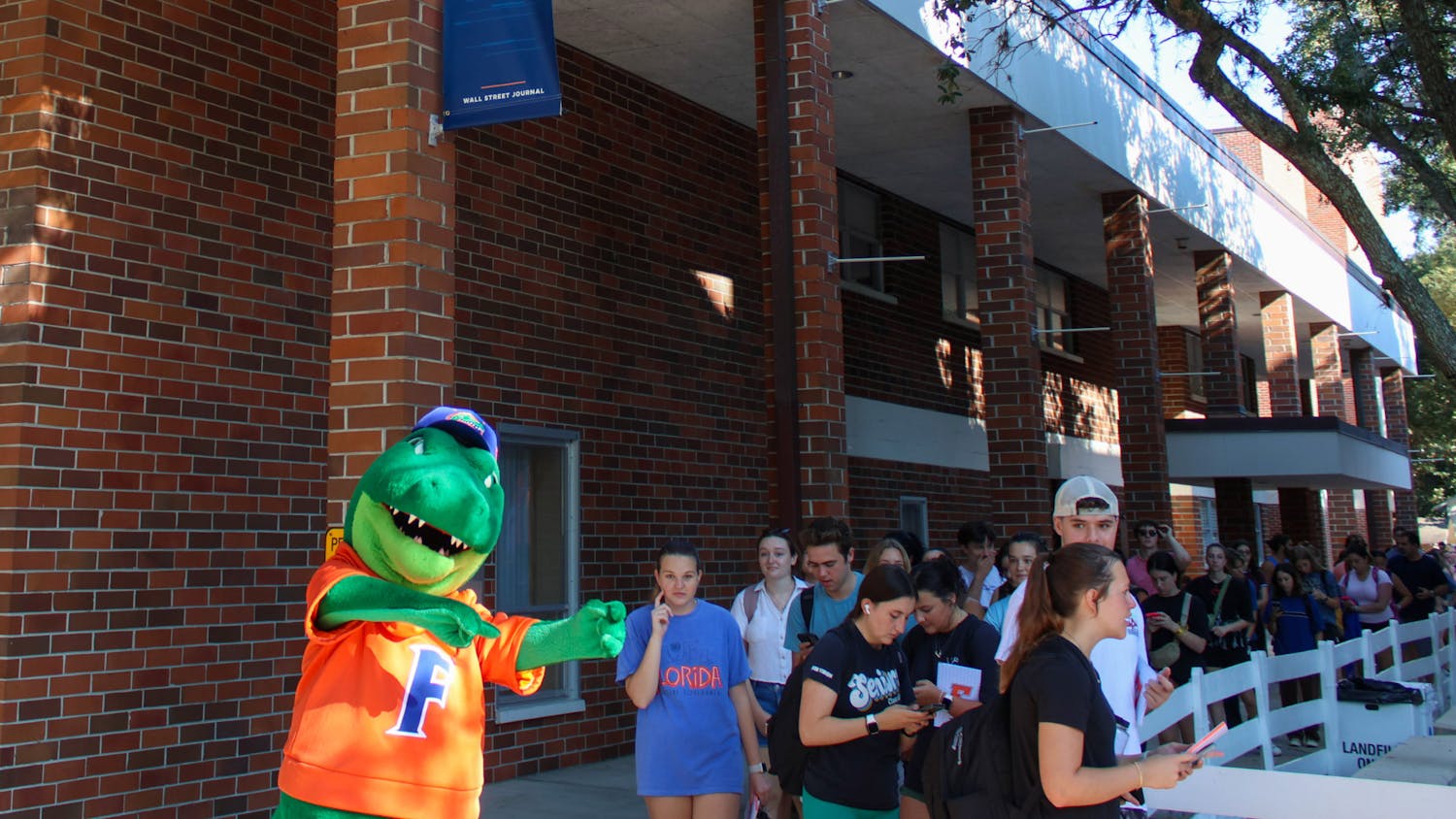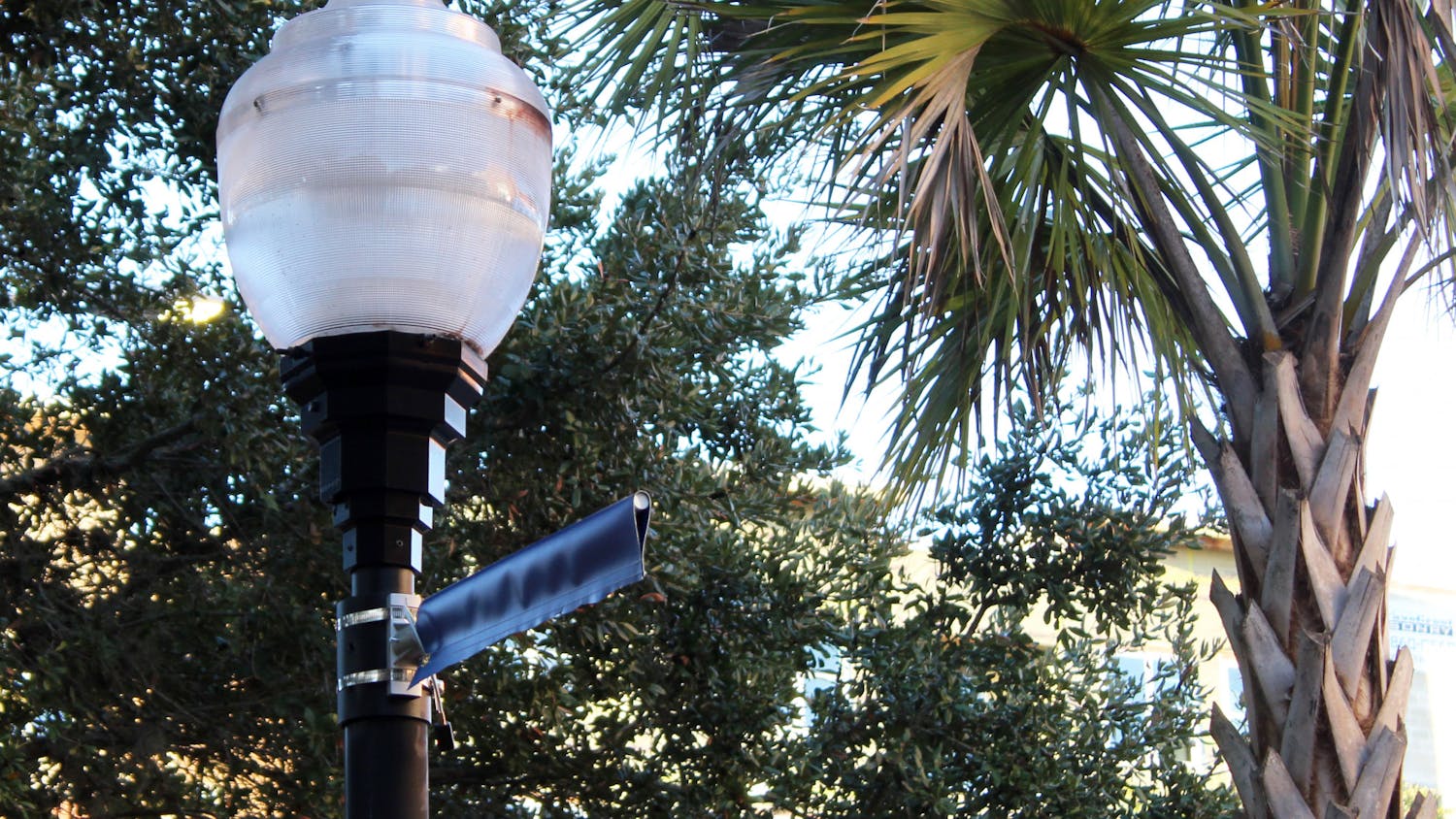Yesterday, we reported that UF had shifted upward in the U.S. News & World Report’s university rankings. Among public universities, we are now 14, and among national universities, we are 49. Damn, it feels good to be a Gator.
Consider, however, that the U.S. News & World Report’s questionable methodology for ranking universities in America has been criticized since the early ‘80s.
During a lecture on Aug. 22 at the University at Buffalo, The State University of New York, President Barack Obama even commented on U.S. News’ faulty rankings.
“It encourages a lot of colleges to focus on ways to ... game the numbers, and it actually rewards them, in some cases, for raising costs,” he said.
In addition, a large part of the metrics — about 22.5 to 25 percent — used to determine rank comes from a “reputational” measure that doesn’t rely on hard data. The U.S. News requests “peer assessments” from college presidents, provosts, admissions directors and high school counselors.
But is there any value in asking the president of the University of California, Irvine, a large state school, to assess Yeshiva University, a small, private Jewish university with two campuses in Manhattan? The U.S. News ratings are, as Malcolm Gladwell of the New Yorker put it, a “self-fulfilling prophecy,” because the school officials who complete these peer assessments often return to U.S. News’ previous rankings to form their opinions. This flawed system results in a higher-education beauty pageant worthy of a TLC reality show.
As The Atlantic writer John Tierney put it, the U.S. News ranking only serves to further our cultural obsession with prestige, even if the supposed prestige is based solely on dollars spent rather than the quality of education.
All this considered, we urge you — and high school students, parents and alumni — to avoid placing too much weight on this particular ranking, especially since other higher-quality rankings actually place UF even higher.
Washington Monthly released its 2013 national universities ranking, and UF placed 24th. This list includes both public and for-profit schools, so this represents a noticeable shift from our slot at 49 on the U.S. News ranking.
The Washington Monthly bases its comparisons on each school’s “contribution to the public good in three broad categories.” These categories included social mobility, research and service. Social mobility refers to a university’s capacity for recruiting and graduating low-income students, research refers to universities that provide the best scholarship opportunities and Ph.D. programs, and service applies to universities that encourage their students to give something back to the country. Y’know, the things that matter more than renovated dorms and high ratings in arbitrary categories such as “selectivity.”
This year, Washington Monthly also released its first-ever Best Bang For Your Buck schools — with UF in the No. 1 spot.
A version of this editorial ran on page 6 on 9/11/2013 under the headline "Not So Fast: Ranking system needs to be examined"





